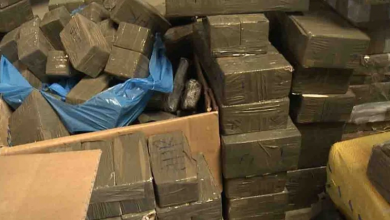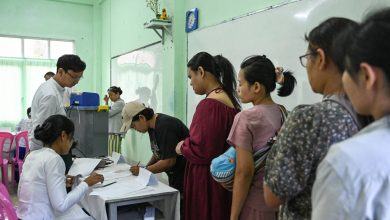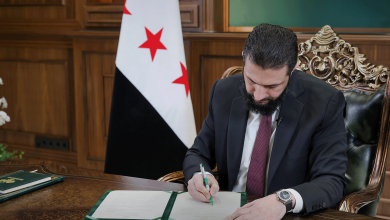
The National Museum of the Mujahid in Algiers received several significant donations today, including a Quran belonging to Sheikh Amoud bin Mokhtar, a leader of the popular resistance in southern Algeria (1859-1928), as well as garments and weapons of martyrs and fighters. This historic event was organized under the auspices of the Ministry of Mujahideen and Rights Holders, in coordination with the “Torch of the Martyr” Association, in celebration of International Museum Day on May 18th.
The historical conference, themed “The Contribution of the National Museum of the Mujahid in Preserving Memory and Conveying the Message of the Martyrs,” featured the presentation of these valuable items. Sheikh Amoud’s Quran was handed over by his grandson, Mehdi Ben Abdel Rahman. Other donations included a weapon and ammunition belonging to Mujahid Alak Al Saghir, presented by his daughter, and a small weapon of Mujahid Hamaz Masoud, known as “Tizrarin,” also donated by his daughter.
Additional items included a weapon of Mujahid Tourab Abdelaziz, given by his wife, and a traditional white woolen cloak (burnous) of the martyr Amr Makhrouf, donated by his widow.
Salima Thabet, the acting director of the National Museum of the Mujahid, praised the initiative, stating that it would enhance and enrich the museum’s collection, which is dedicated to preserving the national memory and displaying it to the public. Thabet mentioned that after inventorying, restoring, and maintaining these artifacts, they would be exhibited to benefit the public. She emphasized that the museum continues its mission of collecting historical artifacts and recording the testimonies of mujahideen.
Mohamed Abad, president of the “Torch of the Martyr” Association, called on the families of martyrs and mujahideen to donate their historical items and documents to the National Museum of the Mujahid and its branches nationwide. This, he said, would help preserve the collective historical memory and connect the new generation with its symbols. He stressed the importance of continuing such initiatives to collect and document historical material.
Abad highlighted that the museum serves as a repository and showcase of Algeria’s national memory, housing items from various stages of the popular resistance and the November 1, 1954, revolution. The museum’s activities throughout the year aim to convey the martyrs’ message to future generations.
In his lecture, university researcher Abdelkarim Azouk discussed the cultural, educational, historical, and economic dimensions of museum institutions and their role in preserving national memory. He emphasized that the National Museum of the Mujahid plays a crucial role in preserving, introducing, and transmitting this memory to future generations, with significant artifacts from the popular resistance and the national liberation revolution.
Professor Mohamed Tayyib Aqab lauded the museum’s role in collecting historical testimonies and recording live accounts from historical figures, making them available to researchers.
The museum’s main exhibition halls reflect different periods: the popular resistance (1830-1919), the colonial settlement policy, the national movement (1919-1954), and the liberation revolution (1954-1962). These are supported by informative panels, museum artifacts, photos, oil paintings, and models, arranged in a beautifully designed layout.



